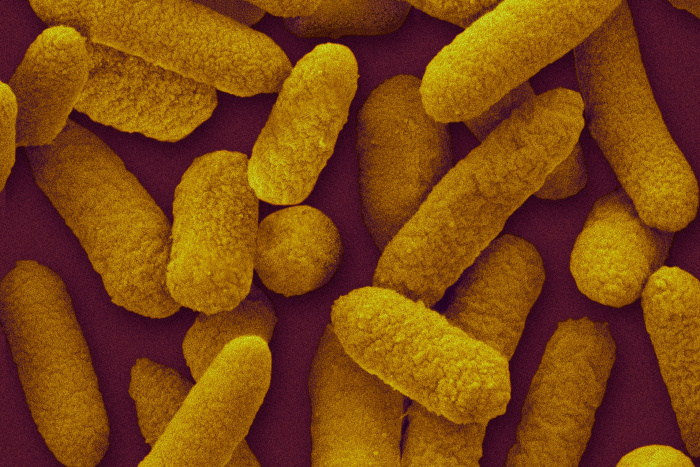In recent years, the specter of tainted baby formula has loomed large in discussions regarding infant nutrition, particularly as it pertains to products originating from China. Amidst a backdrop of heightened scrutiny and evolving regulatory frameworks, one can’t help but ponder: how is it that tainted baby formula continues to skirt the stringent protections of the United States? The nexus of globalization and consumer safety presents a complex challenge that policymakers must navigate.
The saga of compromised baby formula is not merely a relic of the past. In 2008, China grappled with a scandal involving milk powder laced with melamine—an industrial compound that led to the illness of thousands of infants. Despite the public outrage and subsequent reforms, suspicions linger. Trade between the United States and China has not faltered, and the demand for imported goods remains robust. Herein lies the conundrum: while regulatory mechanisms have been established to ensure product safety, the very nature of international trade poses risks that are difficult to eliminate entirely.
In essence, the issue transcends mere oversight; it delves into the intricacies of supply chains that span the globe. The challenge faced by American regulatory bodies is not unlike trying to catch smoke with bare hands. The rapid movement of goods coupled with the complexity of food sourcing means that a lapse in quality control can occur at any stage, from production to shipping. Consumers are increasingly aware, sparking a demand for transparency in labeling and sourcing methods. This raises the question: how can the U.S. ensure that Chinese baby formula adheres to safety standards without stifling the benefits of a robust international marketplace?
The Food and Drug Administration (FDA) plays a pivotal role in this endeavor. They have instituted rigorous testing protocols and stringent import regulations aimed at fortifying the safety net for American consumers. Nevertheless, enforcement is labyrinthine, and the burden often resides on the shoulders of vigilant parents who become de facto watchdogs in their quest for excellence in infant nutrition.
Furthermore, a cultural dichotomy complicates matters. The allure of foreign products, often viewed as an emblem of modern parenting, contrasts sharply with the cautionary tales of mishaps rooted in negligence. Parents are caught between the desire for global options and the primal instinct to safeguard their children’s well-being. This juxtaposition prompts critical reflection: Can parents effectively discern the quality of imported products in a market inundated with choices?
Ultimately, the specter of tainted baby formula serves as a cautionary tale for a society that luxuriates in the fruits of globalization. While the allure of overseas products remains potent, the imperative to safeguard public health stands as a stalwart guardian. In navigating this precarious landscape, a collective responsibility emerges—not just within the halls of regulatory bodies, but also among consumers who wield the power of informed choice. Will vigilance and transparency triumph in this ongoing saga, or will complacency enable a repeat of history? Only time will tell.
